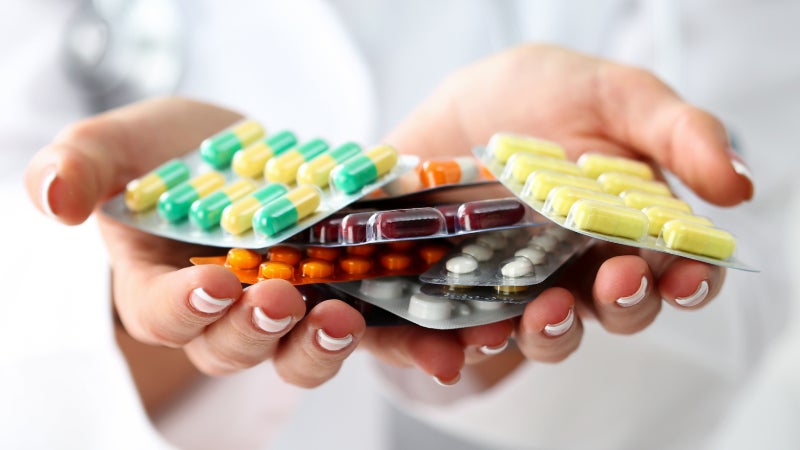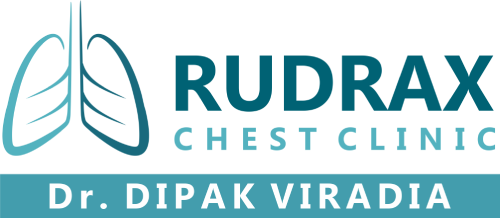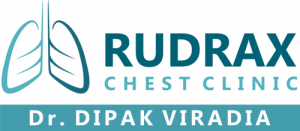
Toxicity refers to how poisonous or harmful a substance can be. In the context of pharmacology, drug toxicity occurs when a person has accumulated too much of a drug in his bloodstream, leading to adverse effects on the body. Drug toxicity may occur when the dose is given is too high or the liver or kidneys are unable to remove the drug from the bloodstream, allowing it to accumulate in the body.
Drug toxicity can occur as a result of the over-ingestion of a medication—having too much of a drug in a person's system at once. This can happen if the dose taken exceeds the prescribed dose, either intentionally or accidentally.
In some cases, such as with the drug lithium, the threshold between what is an effective dose and what is a toxic dose is very narrow. A therapeutic dose for one person might be toxic to another person. Drugs with a longer half-life can build up in a person's bloodstream and increase over time. Additionally, factors such as age, kidney function, and hydration can affect how quickly your body is able to clear a medication from your system. This is why medications such as lithium require frequent blood testing to keep track of the levels of the drug in your bloodstream.
The signs and symptoms of toxicity differ depending on the medication. In the case of lithium, different symptoms can occur depending on whether the toxicity is acute (one-time ingestion by someone who has not been taking it) or chronic (the effect of a slow buildup of the medication to toxic levels by someone who is taking it as prescribed).
Possible mild symptoms of acute lithium toxicity include diarrhea, dizziness, nausea, stomach pains, vomiting, and weakness. More severe symptoms can include hand tremors, ataxia, muscle twitches, slurred speech, nystagmus, seizures, coma and, in rare cases, heart problems. Chronic lithium toxicity displays different symptoms, including slurred speech, tremors, and increased reflexes.
Acute toxicity is more easily diagnosed, as the symptoms will follow the one-time administration of medication. Blood tests can also screen for levels of the medication in the person's bloodstream.
Chronic toxicity is harder to diagnose. Stopping the medication and then "re-challenging" it, later on, is one method of testing whether the symptoms are caused by the medication. This method can be problematic, however, if the medication is essential and doesn't have an equivalent substitute.
There are several ways in which drug toxicity may be treated. If the toxicity is the result of an acute overdose, then a person may undergo stomach pumping to remove drugs that have not yet been absorbed. Activated charcoal may be given to bind the drugs and prevent them from being absorbed into the blood (instead, it is eliminated from the body through stool). Other medications may also be given as an antidote.




